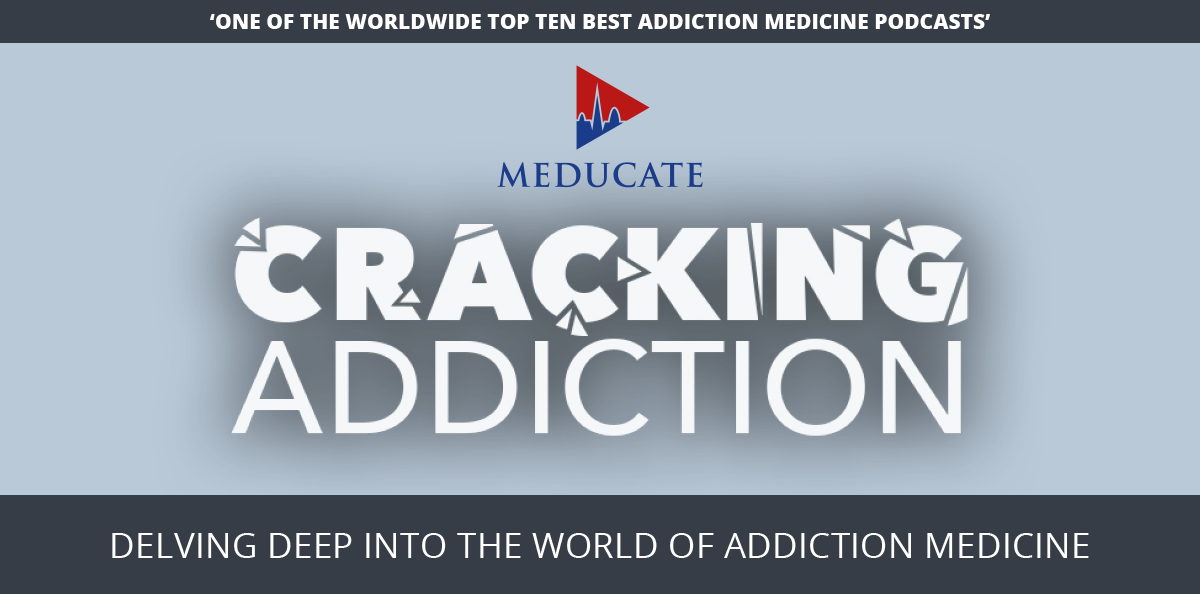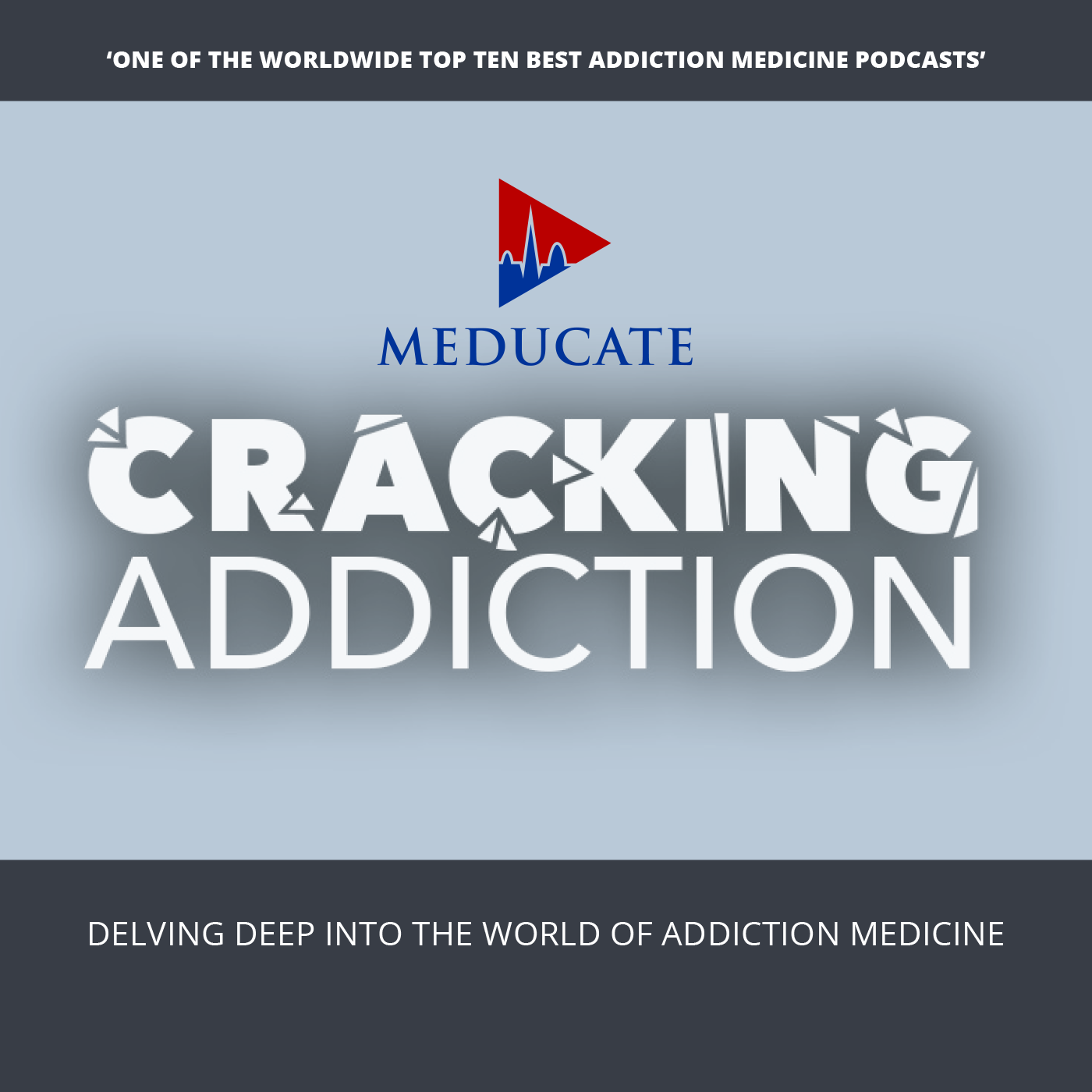Could You Be Missing This Critical Vitamin?
In this episode, Dr Ferghal Armstrong and Dr Richard Bradlow unpack the complex relationship between alcohol, thiamine deficiency, and the severe neurological condition Wernicke’s encephalopathy. Ferghal opens by questioning long-held beliefs about alcohol’s direct effects on thiamine absorption, while Richard provides a contextual understanding of the symptomatic manifestations. The discussion touches on the practicalities of diagnosing and treating thiamine deficiency, focusing particularly on clinical scenarios where immediate action can prevent irreversible damage.
**Learning Outcomes**
1. **Understanding Thiamine Deficiency and Alcohol Use**
- Thiamine deficiency is commonly seen in individuals with alcohol use disorders due to poor diet, liver damage, and compromised gut integrity. Ferghal emphasises that alcohol does not directly reduce thiamine but affects its absorption and storage indirectly.
- Recognise the critical symptoms of thiamine deficiency: Ataxia, ophthalmoplegia, and confusion. Richard shares that only 10% of individuals present with the classic triad, stressing the need for a low threshold in administering thiamine.
- Ferghal reveals that thiamine is stored in the liver, with approximately 20-30 milligrams available. Without replenishment, these levels deplete quickly, making regular intake essential.
2. **Diagnosis and Management**
- Learn to assess risk factors beyond alcohol consumption. Richard suggests evaluating diet, liver health, and any conditions that hamper gut absorption.
- Understand the importance of high-dose, parenteral thiamine administration in suspected cases of Wernicke’s encephalopathy. This prevents irreversible neuronal damage, particularly in the cerebellum and midbrain.
- Find out why rapid thiamine delivery is critical. Ferghal explains that alcohol withdrawal demands a higher energy output, which depletes thiamine stores faster, precipitating encephalopathy.
3. **Preventative Measures and Harm Reduction**
- Recognise the importance of thiamine supplements for those engaging in hazardous drinking, even if not experiencing withdrawal. Richard advocates for over-the-counter vitamin B1 tablets, taken multiple times daily for optimal absorption.
- Explore how diet can play a crucial role in preventing thiamine deficiency. Liver, cereals, and fortified foods are excellent sources of thiamine, as Ferghal points out.
- Koraskoff’s syndrome is an irreversible consequence of untreated thiamine deficiency. It leads to significant memory deficits and an ataxic gait, which underscores the need for timely intervention.
**Actionable Takeaways**
1. **Routine Screening for Thiamine Deficiency**
- Incorporate routine screening for thiamine deficiency in patients with alcohol use disorder. Ferghal and Richard highlight this as a vital practice to prevent conditions like Wernicke’s encephalopathy and Korsakoff syndrome.
- Develop a checklist for evaluating risk factors, including dietary patterns, liver function, and gut health issues.
- Push for early intervention even with subclinical symptoms. Ferghal stresses the colossal benefits of early detection and treatment.
2. **Educate on Thiamine Supplementation**
- Ensure patients receive clear instructions on thiamine supplementation. Richard recommends oral vitamin B1, taken in divided doses throughout the day.
- Cultural and dietary recommendations should include foods rich in thiamine, like liver and fortified cereals.
- Advocate for harm reduction strategies that include vitamin supplements. Ferghal points out this can significantly reduce the risk of severe neurological damage.
3. **Clinical Implementation of Thiamine Administration**
- Regularly update protocols to ensure high-dose, parenteral thiamine is readily available for high-risk patients. Richard advises this approach in emergency settings.
- Ensure all medical staff are aware of the signs that necessitate immediate thiamine intervention.
- Periodic training and updates on thiamine-related research can keep healthcare professionals informed about best practices.
**Quote**
"Really, you've got to have a low threshold for giving bucket loads of thiamine... the chance of preventing irreversible brain damage outweighs a lot of those considerations." – Dr Ferghal Armstrong



